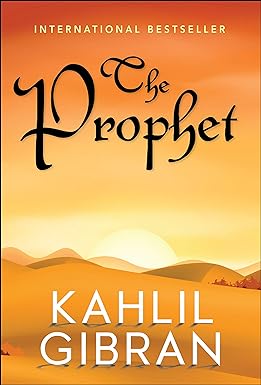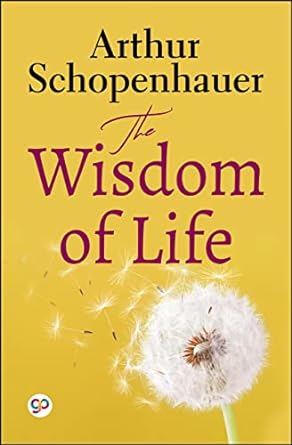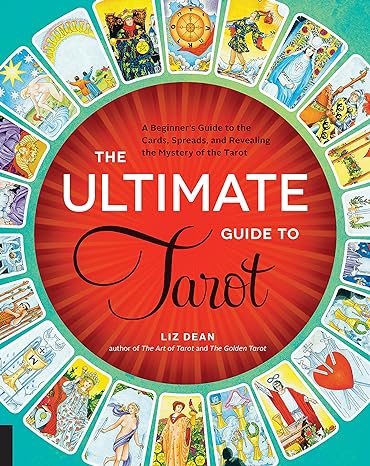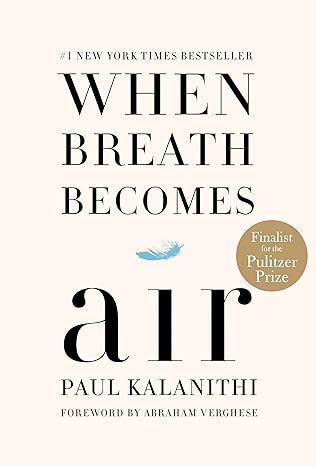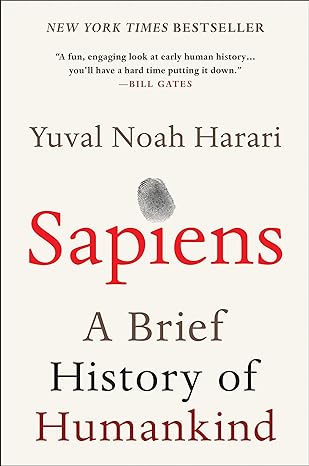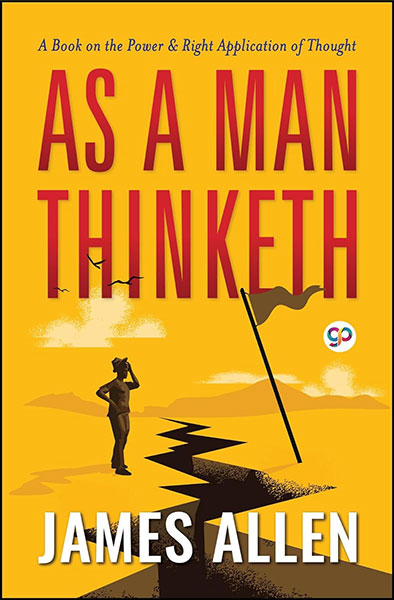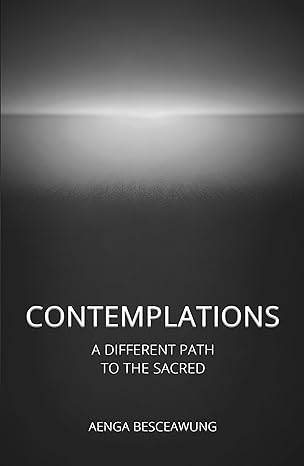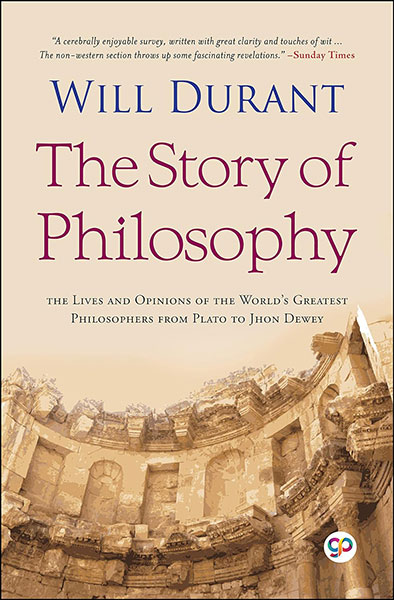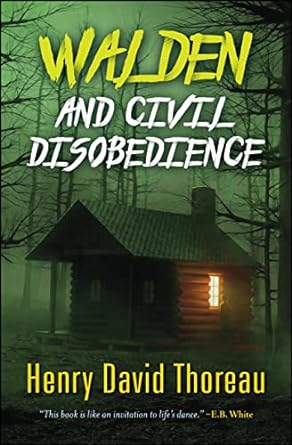
Walden and Civil Disobedience
Philosopher, naturalist, poet and rugged individualist, Henry David Thoreau (1817–1862) has inspired generations of readers to think for themselves, to follow the dictates of their own conscience and to make an art of their lives. This representative sampling of his thought includes five of his most frequently cited and read essays: "Civil Disobedience," his most powerful and influential political essay, exalts the law of conscience over civil law. "Life without Principle" distills the essence of Thoreau's philosophy of self-reliance and individualism. "Slavery in Massachusetts" is a searing attack on government condonation of slavery. "A Plea for Captain John Brown" is an eloquent defense of the radical abolitionist, while "Walking" celebrates the joys of that activity and pleads for conservation of the earth's wild places. The latter essay is recognized as one of the pioneer documents in the conservation and national park movement in America.
BEST DEALS
About the Author
Henry David Thoreau (born David Henry Thoreau) was an American author, naturalist, transcendentalist, tax resister, development critic, philosopher, and abolitionist who is best known for Walden, a reflection upon simple living in natural surroundings, and his essay, Civil Disobedience, an argument for individual resistance to civil government in moral opposition to an unjust state.
Thoreau's books, articles, essays, journals, and poetry total over 20 volumes. Among his lasting contributions were his writings on natural history and philosophy, where he anticipated the methods and findings of ecology and environmental history, two sources of modern day environmentalism.
In 1817, Henry David Thoreau was born in Massachusetts. He graduated from Harvard University in 1837, taught briefly, then turned to writing and lecturing. Becoming a Transcendentalist and good friend of Emerson, Thoreau lived the life of simplicity he advocated in his writings. His two-year experience in a hut in Walden, on land owned by Emerson, resulted in the classic, Walden: Life in the Woods (1854). During his sojourn there, Thoreau refused to pay a poll tax in protest of slavery and the Mexican war, for which he was jailed overnight. His activist convictions were expressed in the groundbreaking On the Duty of Civil Disobedience (1849). In a diary he noted his disapproval of attempts to convert the Algonquins "from their own superstitions to new ones." In a journal he noted dryly that it is appropriate for a church to be the ugliest building in a village, "because it is the one in which human nature stoops to the lowest and is the most disgraced." (Cited by James A. Haught in 2000 Years of Disbelief.) When Parker Pillsbury sought to talk about religion with Thoreau as he was dying from tuberculosis, Thoreau replied: "One world at a time."
Thoreau's philosophy of nonviolent resistance influenced the political thoughts and actions of such later figures as Leo Tolstoy, Mohandas K. Gandhi, and Martin Luther King, Jr. D. 1862.
More: http://plato.stanford.edu/entries/tho...
http://thoreau.eserver.org/
http://en.wikipedia.org/wiki/Henry_Da...
http://transcendentalism-legacy.tamu....
http://www.biography.com/people/henry...

